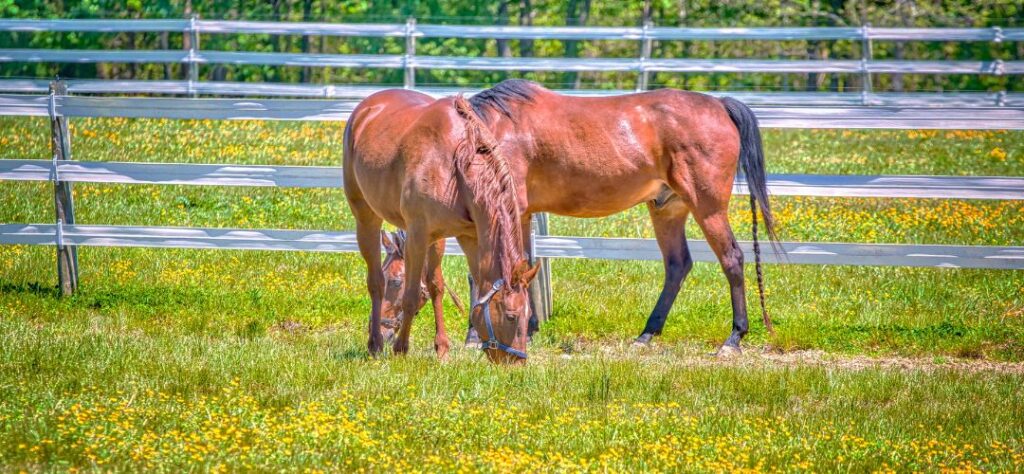Understanding the Horse Digestive System: Essential Facts and Tips
Learn how the horse digestive system works and how to support it with proper nutrition. Explore tips on feed types,…

Learn how the horse digestive system works and how to support it with proper nutrition. Explore tips on feed types,…

Discover the essentials of spring pasture, including maintenance tips, transitioning strategies, and grazing management to keep your horse healthy as…
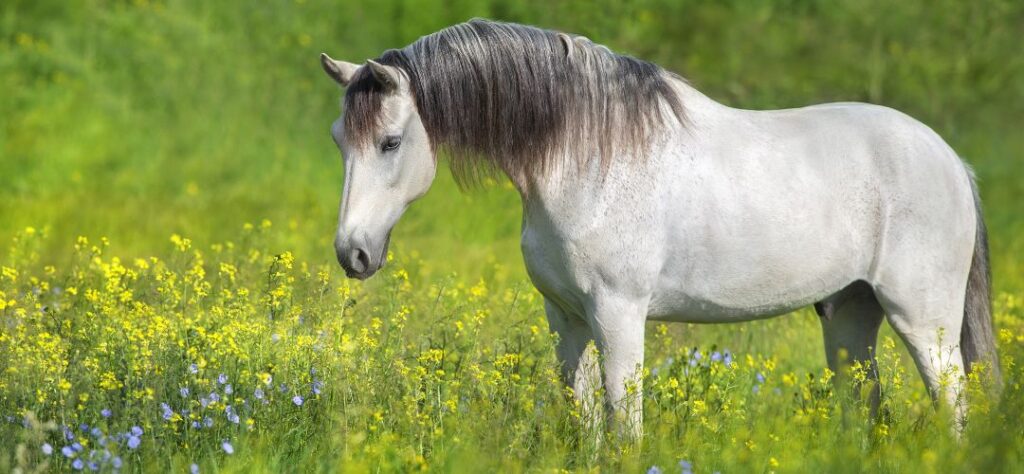
Feeding horses with metabolic issues requires careful consideration and proper management. These horses have unique dietary requirements that must be…
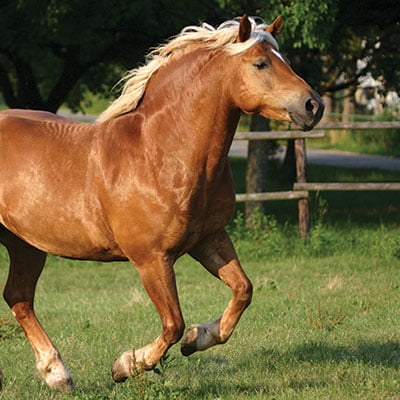
Understanding starches, sugars, and carbs in horse feed empowers informed choices for your equine companion's nutrition.

Balance vitamins with essential minerals like calcium, phosphorus, and magnesium for strong bones, muscles, and nerve function in horses' diets.

Boost your horse's digestive health by upping fiber intake. Mix varied sources, balance with nutrients, and monitor well-being closely.
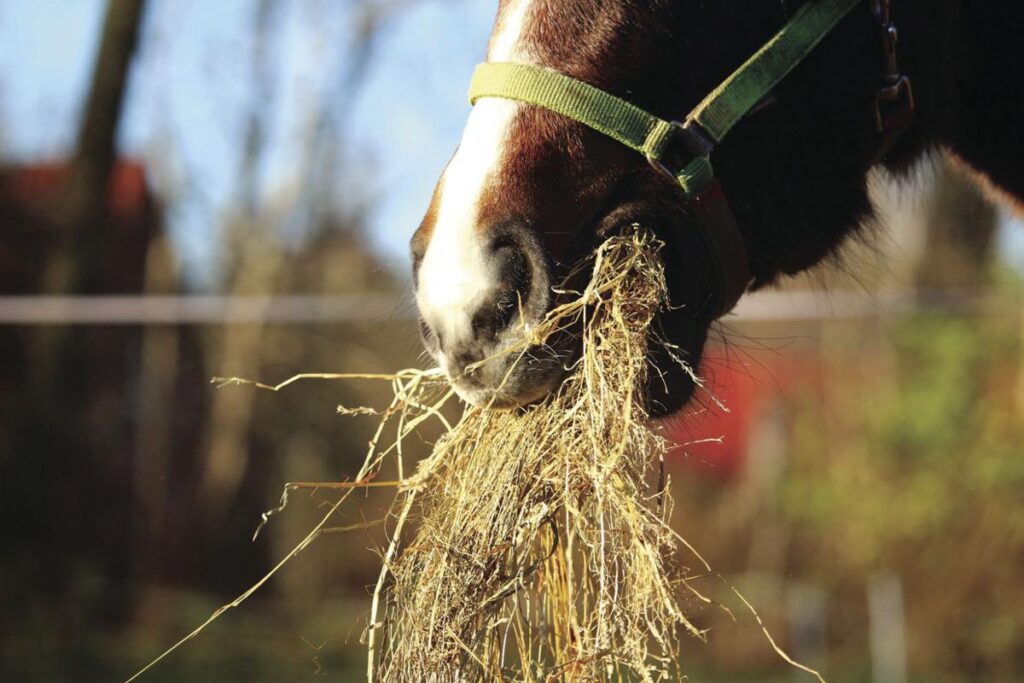
Prevent colic in horses with a personalized diet plan. Learn causes, symptoms, and balanced nutrition. Regular vet check-ups for a…
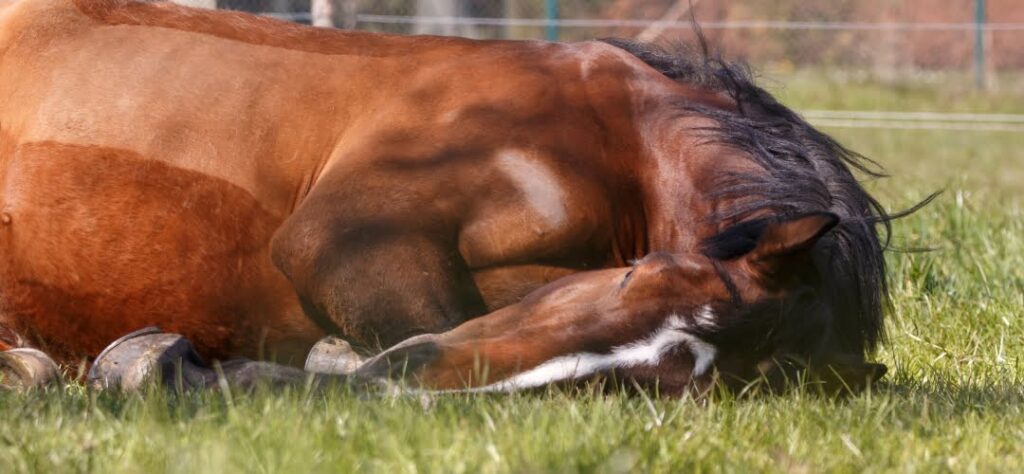
Explore the benefits of premium horse feed: enhanced stamina, muscle development, longevity, economic savings, and improved behavior for a thriving…
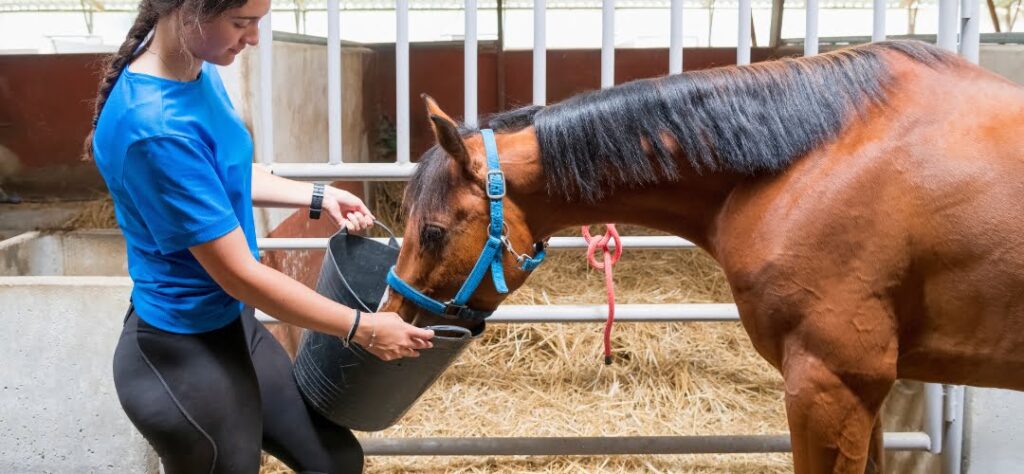
Care for your horse's dental health with tailored adjustments. Soak hay, offer alternative forage, and be proactive in identifying issues…
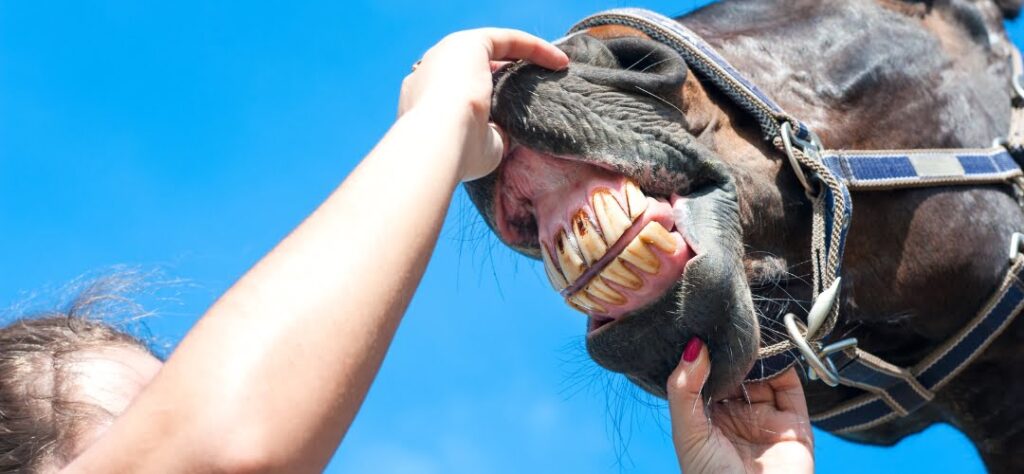
Ration balancers are a valuable tool for horse owners to ensure that their horses are receiving a balanced diet. Whether…
